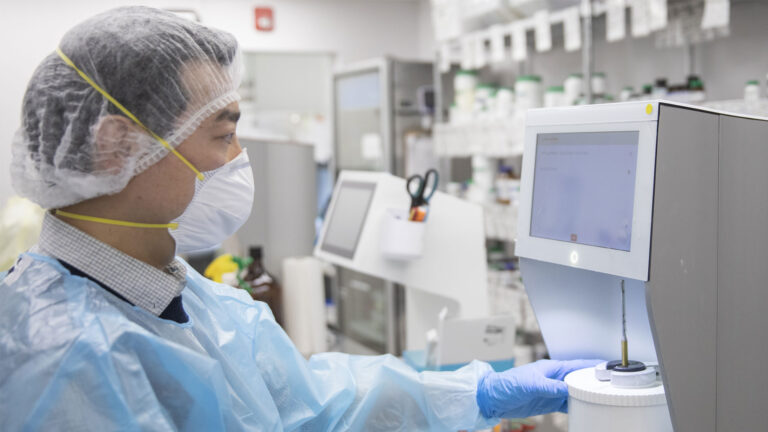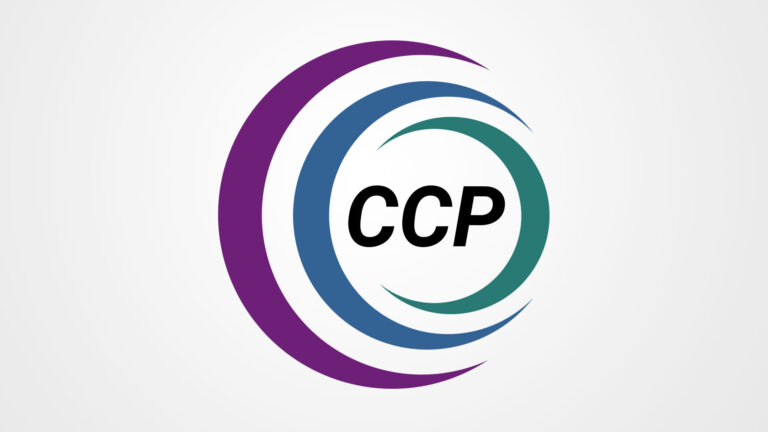The pilot project for the Continuing Competence Program (CCP) for pharmacy technicians is officially complete!
In the first quarter of 2017, six technicians audited 121 portfolios; noting their observations. As the pilot was intended only to provide general feedback for all pharmacy technicians and the Competence Committee, the individual audit results will not be shared with pharmacy technicians.
“Overall, our assessors reported positive results and thought the portfolios were well done,” said Pam Timanson, ACP Competence Director. “They felt that pharmacy technicians understood the program requirements and were quite impressed with what they observed. It was clear that technicians were thinking about the competence program early on in terms of what to learn and what to implement. This was wonderful to see!”
In the 2016 learning cycle:
- Pharmacy technicians submitted approximately 16,000 learning records.
- Seventy per cent of the learning activities reported were accredited.
- The self-study program, reading, and live group programs (e.g., workshops, courses, conferences) were the most popular.
- Pharmacy technicians were generally completing the same activities (e.g., glucose meters, asthma devices, sterile compounding, process improvement, flu clinics, and destruction of narcotics).
- Most of the learning resulted in acquiring new knowledge/skills.
To prepare for the official audit process beginning in early 2018, assessors advise pharmacy technicians to include more detail when reporting and explaining the steps taken to achieve an implementation objective. It’s also important to ensure your learning activity aligns with your implementation objective.
“Consider how the learning activity you have chosen aligns with your implementation objective and clearly explain that in your implementation record,” Pam recommended. “The more information a pharmacy technician assessor has from you, the easier it is to follow your learning path.”
Change to 2018 learning cycle: peer verification form discontinued
One of the most notable changes the assessors recommended was to discontinue the peer verification form in the 2018 learning cycle. Assessors indicated this form is not being used as it was originally intended, so the Competence Committee suggested it be removed. The peer verification form will continue to be available for the rest of the 2017 learning cycle, but will be discontinued for 2018.
Planning to use the peer verification form in 2017? Here’s what you need to know…
If you plan to use the peer verification form for the 2017 learning cycle, please use it as intended. This form may only be used as supporting documentation if your learning objective involves performing a newly acquired or reinforced skill or technique and demonstrating competence to a peer. The use of this form must be limited to skills-based objectives and when there is not stronger evidence (e.g., a patient’s record of care) available that would directly showcase your achievement.
What is required of the peer who verifies your skill, technique, or competence?
According to the CCP technician rules the peer must be:
- on the clinical pharmacist or pharmacy technician register;
- be authorized to perform the skill/technique noted in the implementation objective; and
- not be in a close personal relationship with the pharmacy technician.
The peer must verify or validate that the pharmacy technician has achieved his/her implementation objective by demonstrating competence when performing a newly acquired/reinforced skill or technique.
When is the peer verification form applicable?
Here are some examples of when you might use the form:
- compounding a non-sterile product;
- aseptic technique (hand hygiene, garbing, sterile environment);
- handling hazardous drugs;
- preparing an IV admixture;
- manufacturing;
- preparing antineoplastic medications; and
- product release (100 final checks)
For a list of resources including the CCP Tutorial and Pharmacy Technician CCP rules, visit the Competence section of ACP’s website.




